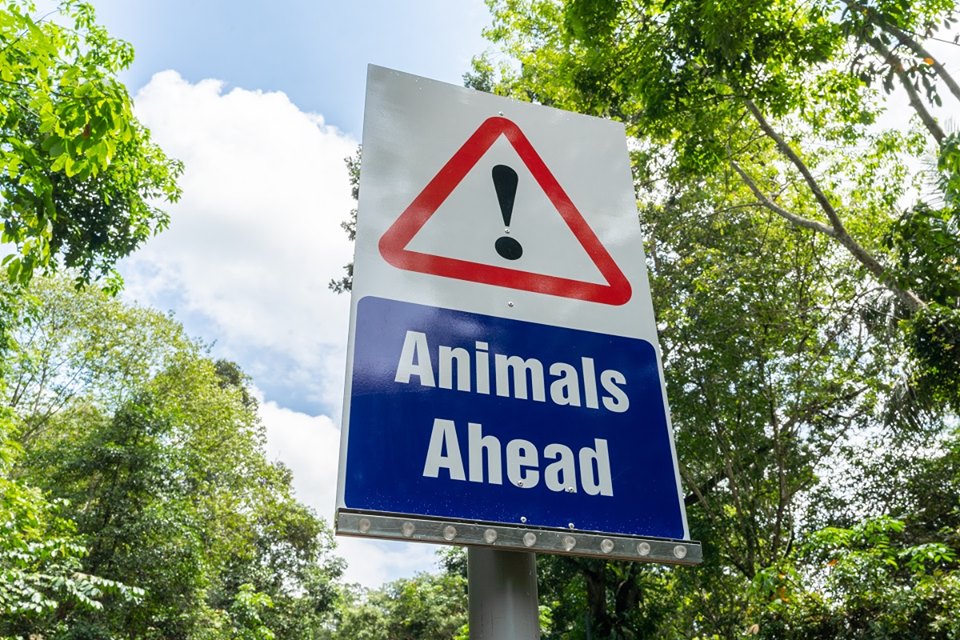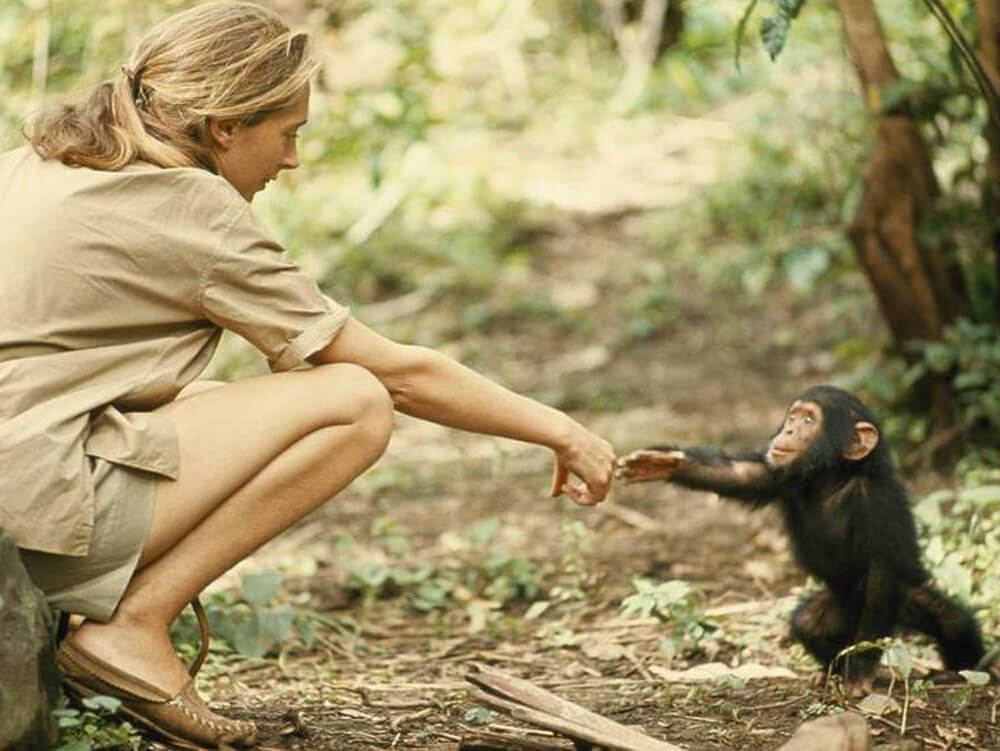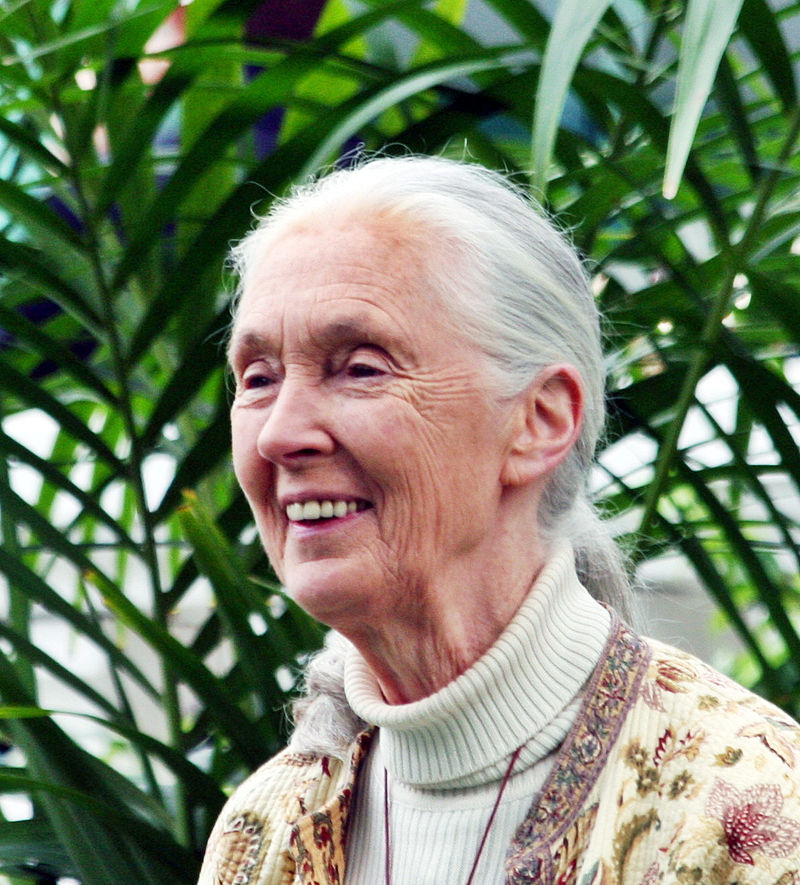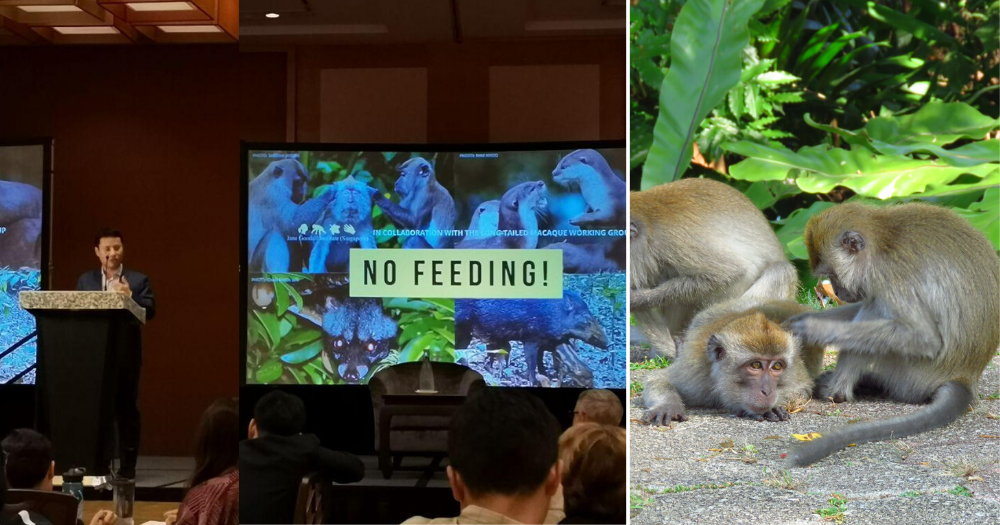Human-wildlife conflict is an increasingly pertinent issue as tiny Singapore continues to urbanise.
As residential areas move closer to the fringes of greenery and nature spaces, humans increasingly encounter wildlife like macaques and wild boars. And sometimes, these encounters might not be pleasant.
To help reduce the possibility of human-wildlife conflict, the Minister for Social and Family Development and Second Minister for the Ministry of National Development, Desmond Lee, announced the "No Feeding" campaign on Nov. 26, 2019.
New campaign
Speaking at a conference focusing on human-wildlife co-existence in Asia as part of the Jane Goodall Institute (Singapore)'s ConservAction Week, Lee spoke at length about Singapore's abundant wildlife.
Lee dove back into the history of the island-state, citing how Singapore had lost some 90 per cent of its primary rainforests by the end of 1880.
"By the end of 1880, some 90 per cent of our primary rainforest had been cleared to make way for settlement and plantation. In fact, areas that we now associate with lush greenery, such as Thomson Nature Park, Rifle Range Nature Park, Chestnut Nature Park and Sungei Buloh Wetland Reserve, were, at various times in our past plantations, prawn and fish farms, as well as villages and human settlement. They evolved over time, and in fact, in recent history, nature has begun to take root again."
However, Lee also pointed out that since then, much has been done to not only conserve whatever greenery is left, but to integrate it into Singapore's sprawling cityscape.
With Singapore being a biophilic "City in a Garden", Singaporeans currently live "cheek by jowl" with nature, said Lee.
"Our city is not just steel and concrete and glass, we inhabit this island with native wildlife that has been here for centuries," said Lee.
Which was why raising awareness of human-wildlife conflict in the community is particularly crucial.
To further educate residents on the topic, Lee announced the launch of a "No Feeding" campaign on behalf of JGIS, in partnership with the volunteer-run Long-Tailed Macaque Working Group.
The campaign aims to reduce and eventually stop the provision of food to the macaques by humans in the next three years, through increased outreach and education.
Monkey guarding efforts, where volunteers are trained to patrol residential areas and safely deter macaques from entering, will also be carried out in more areas.
Lee added that more details will be shared in the coming months.
Using tech in wildlife conservation
Lee also highlighted the importance of science and technology in conservation and biodiversity management.
One example is the new Thomson Nature Park, which acts as a buffer for the fragile Central Catchment Nature Reserve.
In October 2019, NParks and the Land Transport Authority (LTA) launched a one-year pilot trial for a Roadway Animal Detection System (RADS) along Old Upper Thomson Road.
This system uses video analytics to detect animals near roads.
This information will then be conveyed to motorists through flashing road signs to alert them to possible animal road crossings.
 Photo from NParks
Photo from NParks
This will give them time to react and possibly avoid wildlife-vehicle collisions.
Should the trial be successful, the RADS system could be expanded to include other roads where wildlife sightings are common.
NParks is also developing a Forest Fire Detection and Monitoring System, which would predict changing weather patterns and monitor forests to detect signs of potential wildfires.
Jane Goodall in town for a conference
Renowned conservationist and United Nations Messenger of Peace Dr. Jane Goodall was also a speaker at the JGIS conference.
Goodall is famous for her research on and close connection with primates, in particular chimpanzees.
 Photo from janegoodall.org
Photo from janegoodall.org
The 85-year-old peppered her speech with stories of her travels and her encounters with incidences of human-wildlife conflict overseas, such as between humans and mountain lions in the United States, as well as elephants and monkeys which are forced to raid crops in lesser developed countries.
In the opening plenary of the conference, Goodall slowly articulated the connection between humans and animals, stating that "destroying the natural world is destroying our future".
She implored the crowd to "always be looking on both sides of the situation", stating that "it's not easy, and there aren't always solutions, but we have to try and find solutions."
Goodall also told guests that it was "desperately important" to refrain from feeding animals, especially the monkeys in Singapore.
 Photo from Wikipedia
Photo from Wikipedia
"It's only through education that we gradually understand that by doing something which feels so wonderful, which makes us feel part of the natural world, is actually harming [the animals] and we have to stop," she said.
Top photo by Ashley Tan and Angela Chua / FB
If you like what you read, follow us on Facebook, Instagram, Twitter and Telegram to get the latest updates.
